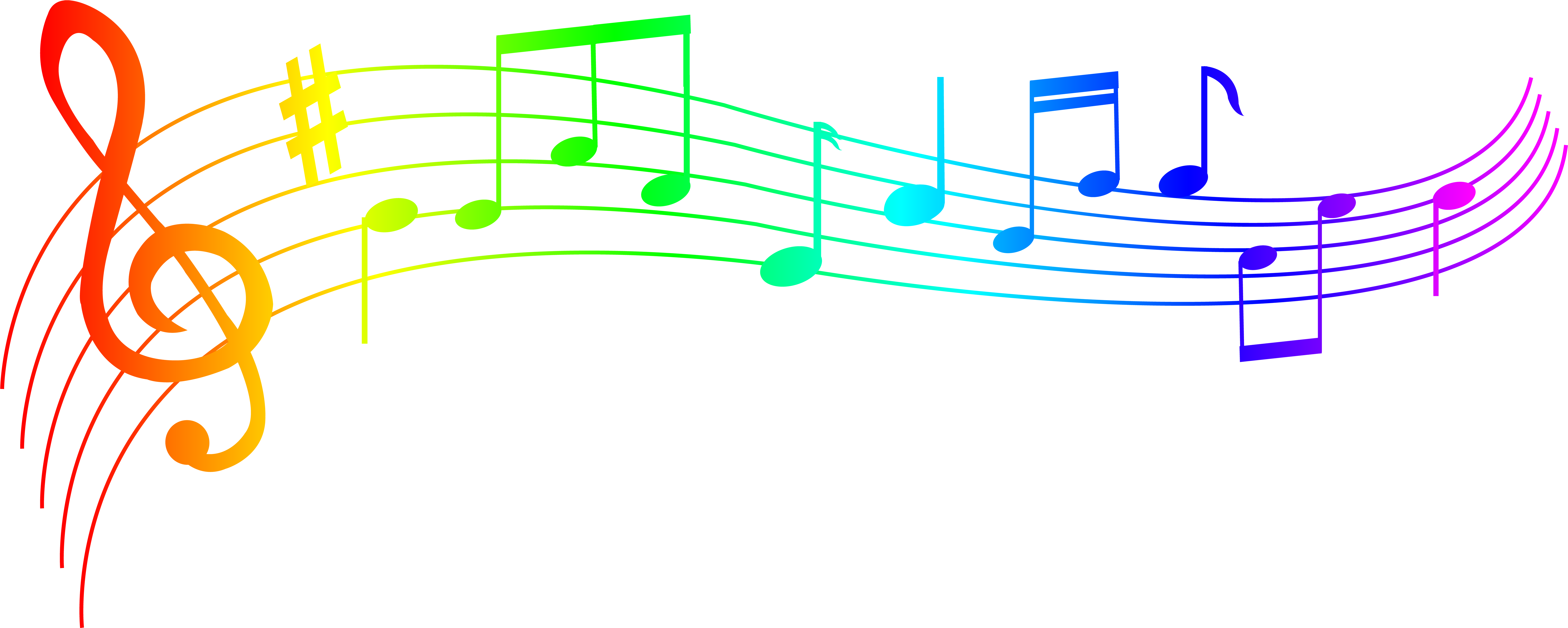Is Music Healthy?
Создавайте группу онлайн, продвигайте свою музыку, покупайте собственные биты, звуковые партии и делитесь с нами своим битом или треком в качестве лупа без лицензионных отчислений. Сотрудничайте, чтобы создавать биты онлайн с лучшими производителями лупов со всего мира на Форуме для музыкантов и создателей битов. Будьте в курсе музыкальных новостей и изучайте видеоуроки FL Studio и статьи в блоге . Бесплатные загрузки музыкального программного обеспечения DAW, пакеты VST и инструментов для FL Studio, Pro Tools, Logic, Ableton, а также способы использования самого популярного бесплатного программного обеспечения DAW, плагинов Fruity Loop, MIDI и многого другого.

You inquired,"Is Music Good For Your Health?"
TLDR: We at loopazon have always thought such, and new research is showing that it indeed very much does.
Turn on some music, If you want to shift your mood in a snap.
Music has been shown to increase mood and help depression in explorative creativity. It can also assist with blood circulation in the same manner as prescribed medication does, as well as lower stress related composites like cortisol and relieve pain. Prior to surgery, some good old tunes can indeed ease post operative issues.
What makes music so freakin' awesome you may ask. Music appears to start a neuro chain reaction in parts of the brain regions involved with good mood, emotion, attention, and memory, according to Kim Innes, a professor of medication and prestigious university lecturer.
Innes coauthored research paper that looks at if music can lower stress situations while increasing pleasure and well being in aged people with memory loss. Her exploration compared the goods of music to those of contemplation, a prominent internal health approach used for thousands of years. She observed that both habits were linked to significant advancements in mood and sleep quality. She says "Both contemplation and listening to music have the potential to be the future of boosting overall health and well being."
Silence can be more effective than music,” says Joanne Loewy, associate professor and director of the Louis Armstrong Center for Music and Medicine at Mount Sinai Beth Israel. "Some of our data suggest that listening to music might spark a stressful response." (Listen to the intimidating soundtracks from flicks like Phycho or The Window if you need examples of how music can spark the fires of terror rather than extinguish them.
In addition to causing pressure, the wrong music, according to Loewy, may enhance reflection or other negative thoughts. Music may both increase and help undesirable passions like fury, excitement, hope, and despair, according to a 2015 Finnish study. Why? The beat and other aspects of the songs we chose may affect our palpitation rates and the exertion of our brain's neural networks, according to Daniel Levitin, a professor of psychology at McGill University in Canada who studies the cognitive neuroscience of music.
According to Levitin, slow-paced music with progressive passion progressions and drawn-out notes is calming, but chaotic and up-tempo music has the contrary effect. All of this, however, is not proven. According to Levitin, he has encountered people who state that AC/ DC is their go-to music for unwinding."These were people who generally heeded to Swedish speed essence,"he adds," so AC/ DC was relaxing to them."There's no single piece of music that will affect everyone in the same way”, he says.
He also contends that the brain doesn't have a single"music centre. "Music activates nearly every section of the brain that we have found so far,"says the researcher. This demonstrates the universality and energy of music's powerful capability to affect us.
Levitin believes that if you want to use music to do away stress, pump yourself up, or else change your internal emotional state, you likely have a library of songs that will do the trick.
o not hesitate to get straight in. Keeping distractions to a minimal is all that is required. He continues, "We fool ourselves into thinking we can do two things at the same time." While listening to inspiring music may encourage you to exercise harder or for longer periods of time, he says that listening to calming music while reading the news or scrolling through social media will not help you relax.
Consider music therapy, a field that focuses on using music to improve patient results. This will help you develop a stronger connection between music and your health. "As therapists, we collaborate with a person who is looking to help themselves feel more complete or optimistic—or to discover parts of themselves they aren't aware of—using music," says Alan Turry, general manager of the Nordoff-Robbins Center for Mindfulness-based Stress Reduction at New York University.
Music therapy can take a variety of forms. According to Turry, one is "directed imagery in music," in which a professional therapist uses music chosen by the patient to assist a person identify her strengths or challenges. He continues, "Music may establish a sense of [therapist-patient] attunement "Sharing music makes the patient feel as though the therapist "really gets me," says the patient.
Singing or playing an instrument are examples of other methods of music therapy. He continues, "How we produce music might reveal something about ourselves that a therapist can deal with. "Someone may only be able to play a drum in one tempo or dynamic, indicating a lack of adaptability in other areas of their life."
"Music is a way to bypass our cerebral side and connect with our emotional lives, which we often keep hidden," Turry argues. "If someone is having a hard time, there is usually a way for music to assist."
